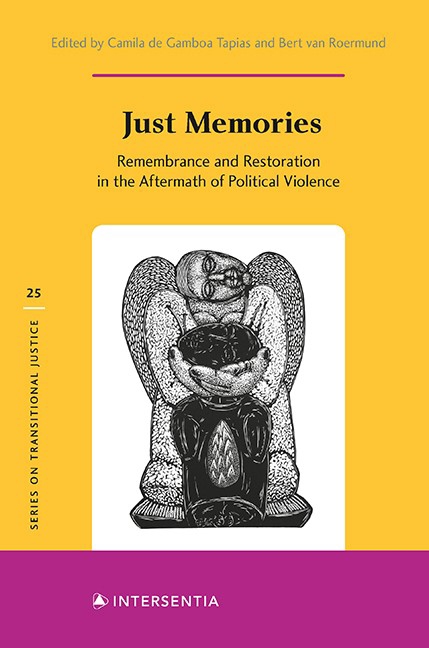Chapter 4 - Resentment and the Limits of a Politics of Memory: Justice vs. Time
Published online by Cambridge University Press: 11 February 2021
Summary
INTRODUCTION
This chapter explores how a politics of memory can be affected by the resentment of former victims. Drawing on Paul Ricoeur, first a model is sketched explaining how historical memory and political reconciliation can be conceived. Then, such a model is confronted with the moral plea for resentment by Jean Améry. It is suggested that the political elaboration of traumatic collective experiences from the past is unable to comprehend the subjectivity of resentment and the lost trust in the world that it implies. Any account of the political structure of memory must cope with the particular emotions of the individuals, and especially with resentment, which, as Améry argues, remains as the last connection between accomplished memory and the reality of the past. This incompatibility of political memory and resentment shows the limits of reconciliation and forgiveness, but also the condition for their possibility. Finally, the chapter discusses whether the public manifestation of resentment can have any real, even positive, effect on the actual process of political memory.
TIME AND THE DUTY OF MEMORY
Why ought we to remember? Why should the imperative of memory be the new categorical imperative, as Theodor Adorno once put it? (Adorno 1970, 358) Many persons would promptly answer that the moral reason to remember the atrocities of the past is for them not to happen again. This seems a most natural response, as it is connected with the ancient topos of historia magistra vitae : the idea of learning from history in order to avoid past mistakes and crimes in the future. To be sure, there is nothing wrong in preventing past misdeeds from being repeated, but there is something utilitarian in this argument, which makes it lose its moral force. If we feel that we are obliged to remember for the sake of our children and grandchildren, then the victims of past atrocities become mere instruments for shaping a better, more just future, and one might wonder whether they really get any moral retribution from it at all. From a moral point of view, it is to them that we owe retribution, whether they are dead or still alive and suffering, and not to future beings. Surely, we are responsible for the kind of society we leave to coming generations, but the victims of the past cannot be a mere means to that end.
- Type
- Chapter
- Information
- Just MemoriesRemembrance and Restoration in the Aftermath of Political Violence, pp. 69 - 88Publisher: IntersentiaPrint publication year: 2020



